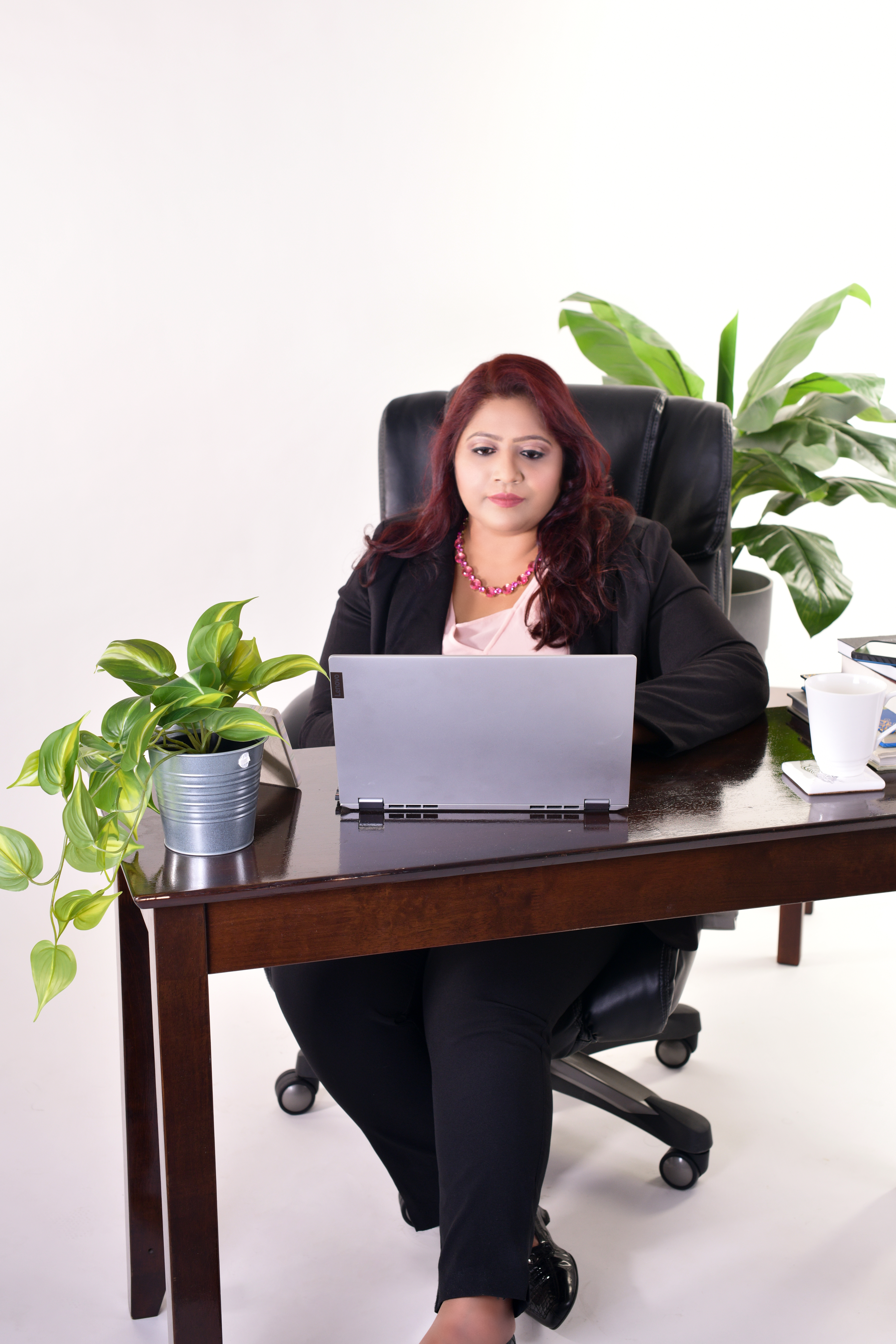
Working from home all the time, losing those familiar structures and routines has led some of us to overwork with high expectations from the management, so many of us struggled to focus.
Our working situations have changed dramatically since early 2020.
The COVID-19 pandemic caused many people to lose their jobs including myself.
Despite the challenges of making our living space into our working space, we have gotten used to the comforts of working from home.
These days we feel anxious about returning to the office. More of us are being asked to go back to in-person workplaces due to Covid cases dropping.
Any change our human brain resists. However change is inevitable. So how can we make this transition easier?
Here are 4 tips for returning to the office that will help you in a smooth transition.
1. Be compassionate with yourself and others:
Working from home all the time, losing those familiar structures and routines has led some of us to overwork with high expectations from the management, so many of us struggled to focus.
I think we were unfairly blaming ourselves for struggling. When things are going unprecedented, where do we hold on to the bar for such things?
Socializing is an important aspect of work, but it may be a big source of anxiety for many. So be compassionate to those colleagues. After more than a year conversing with your colleagues through 14 inch screens, you may now feel awkward to socialise with them. Little practice can help.
2. Establish a new routine:
This shift back to the office gives you the chance to set your boundaries in terms of availability, communication, and when and where you work.
3. Set your boundaries:
Working from home blurred a lot of boundaries. You can be reached anytime from anyone in the company via email or even text message. So the boundaries are lost.
This shift back to the office gives you the chance to set your boundaries in terms of availability, communication, and when and where you work.
Think about what works best for your productivity and your mental health, and share these findings with your employer and colleagues.
Suddenly being around a lot of people again could come as a shock to the system.
Employers are open to different approaches, and this can make it easier for you to establish new boundaries. Hybrid work styles are more encouraged by every company.
4. Prepare to take care of your mental health:
It’s normal to plan for anxiety
I think mental health got a big spotlight during this pandemic. If we talk about our anxiety with others, we always feel better when we don’t feel alone.
Remember to Create Your Edge